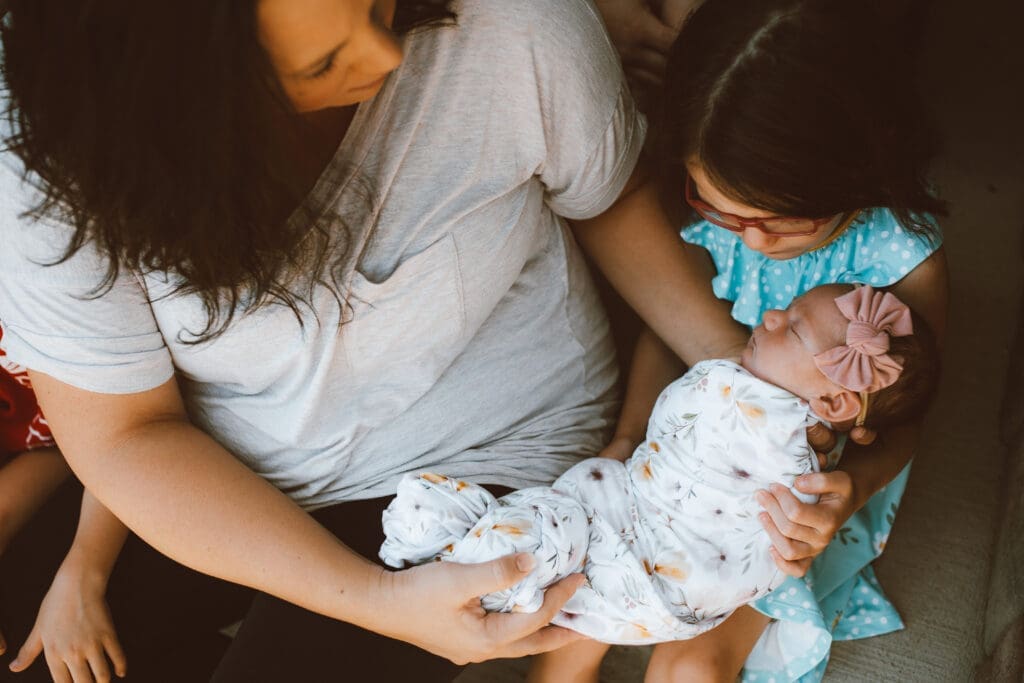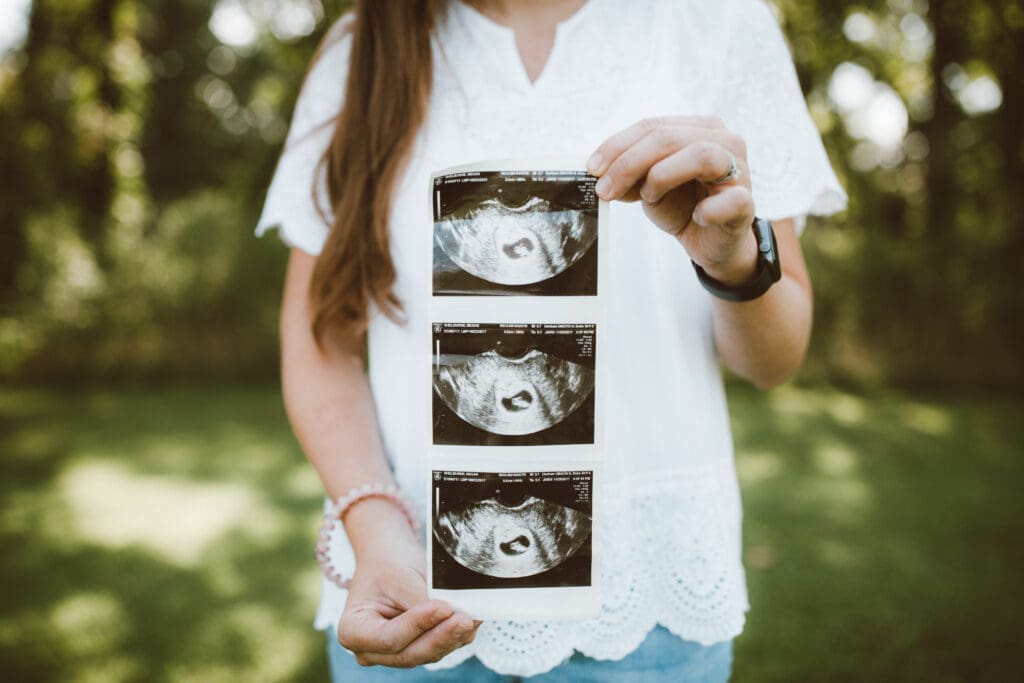
Life Begins at Conception
A Biblical and Philosophical Defense for Personhood
Life begins at conception. This is a fact recognized both by modern science and the timeless truths found in Scripture. The moment of fertilization marks the creation of a new human being. And this new human being continues to develop in the womb, with the same intrinsic dignity and human rights as a newborn, child, or adult. As human rights are grounded in the fact of being human, not in an individual’s stage of development, all humans, including embryos and fetuses, possess the universal and inalienable right to life. This is the foundation of the argument for fetal personhood: If the preborn are human, they must be afforded the same rights as all human beings.
The philosophical argument essentially starts off with the fact that humans are persons. And if a human has offspring, they do not have another species but rather have a human. A human has never given birth to an elephant, a plant, or a desk chair. Humans have humans. And if humans are persons, their children are persons. At no stage of life can their offspring be anything but humans and therefore anything but persons. So preborn children are humans (clearly, they are not an elephant, a plant, or a desk chair). So therefore, preborn children are persons as they must inherently have the same nature as the source of their life.
Many might question this, asking, “But what about personhood? If the embryo isn’t conscious, rational, or self-aware, doesn’t that mean it’s not yet a person?” Such questions point to a common misunderstanding. The right to life is grounded not in legal or philosophical definitions of “personhood,” but in the biological reality of being human. This is why they are called “human rights”—they belong to every member of the human species, regardless of age, consciousness, or abilities. Defining personhood based on subjective criteria such as awareness or rationality risks repeating humanity’s devastating history of excluding people groups of people based on race, gender, ability, or ethnicity. Just as it is wrong to deprive women, people of color, or different religious affiliations of their personhood, it is equally wrong to exclude the preborn from this category based on age or level of development. The preborn hold personhood, just like you and me.
Biblical Foundations for Fetal Personhood
Scripture provides a clear and consistent affirmation of the personhood of the preborn. Although the Bible does not use modern scientific terminology, it repeatedly affirms the value and dignity of human life from the earliest stages. One of the most profound examples comes from Psalm 139: “For You formed my inward parts; You knitted me together in my mother’s womb. I praise You, for I am fearfully and wonderfully made” (Psalm 139:13-14). This passage reflects the belief that God is intimately involved in the creation of life in the womb, personally forming and designing each individual. The preborn are not mere potential life—they are human life, known and loved by God from the very beginning.
Moreover, the story of John the Baptist in Luke 1 further solidifies this perspective. While still in his mother’s womb, John responds to the presence of Jesus by leaping with joy. This response is significant because it demonstrates the interpersonal and spiritual awareness of the preborn. John, though not yet born, has a meaningful interaction with his environment and the divine. This biblical event challenges the notion that the preborn are simply biological cells awaiting personhood. Instead, Scripture shows that they are already living persons, capable of spiritual and emotional responses. As preborn children, we are even capable of worship!
Personhood as Inherent, Not Earned
The idea that personhood is something one earns through certain developmental milestones—such as consciousness, self-awareness, or viability outside the womb—is a fundamentally flawed concept. As human beings, our worth and dignity are not rooted in what we can do, but in the inherent reality of the truth that we are made in the image of God. This is why personhood begins at conception. From that moment forward, the preborn are fully human and fully deserving of the right to life.
As human beings, our worth and dignity are not rooted in what we can do, but in the inherent reality of the truth that we are made in the image of God.
The Bible consistently teaches that the vulnerable and defenseless should be protected. If we apply this principle to the preborn, it becomes clear that personhood cannot be defined by arbitrary criteria such as age or development. Just as we protect and value the lives of those who cannot defend themselves, such as widows and orphans, we must also protect the preborn, whose vulnerability is great.
Personhood and Human Rights
The concept of personhood has been manipulated throughout history and in our current times to exclude certain groups of people based on arbitrary characteristics. In the same way that women, people of color, people of different religious affiliations, and countless other groups have or are being denied personhood around the world, some seek to deny the preborn this same status based on age or development. However, as the United Nations recognized in Article 6 of its Universal Declaration of Human Rights, human beings should automatically be considered persons. This was adopted in the aftermath of the Holocaust, when the horrors of dehumanization and exclusion were laid bare for the world to see. If all human beings are to be considered persons, then the preborn must be included in this category.
Since all humans possess the fundamental right to life, and since the preborn are undeniably human from conception, it is evident that abortion is a violation of this right. To strip the preborn of their personhood is to deny their humanity, a denial that Scripture, science, and all reject.
The Preborn are Persons
In both Scripture and biological fact, personhood begins at conception. The preborn are fully human and fully deserving of the rights and protections granted to all people. They are not potential persons but actual persons, known and loved by God and carrying within them the image of their Creator. To deny their personhood is to ignore the sacredness of life that the Bible so clearly affirms. Just as we would defend the rights of the vulnerable and oppressed, we must defend the personhood of the preborn, for their lives are no less valuable than those already born.
This article goes along with the Image of God in the Preborn section of our study. Join us as we walk through our Image of God study over the next couple of months!
Access the study for free here!

